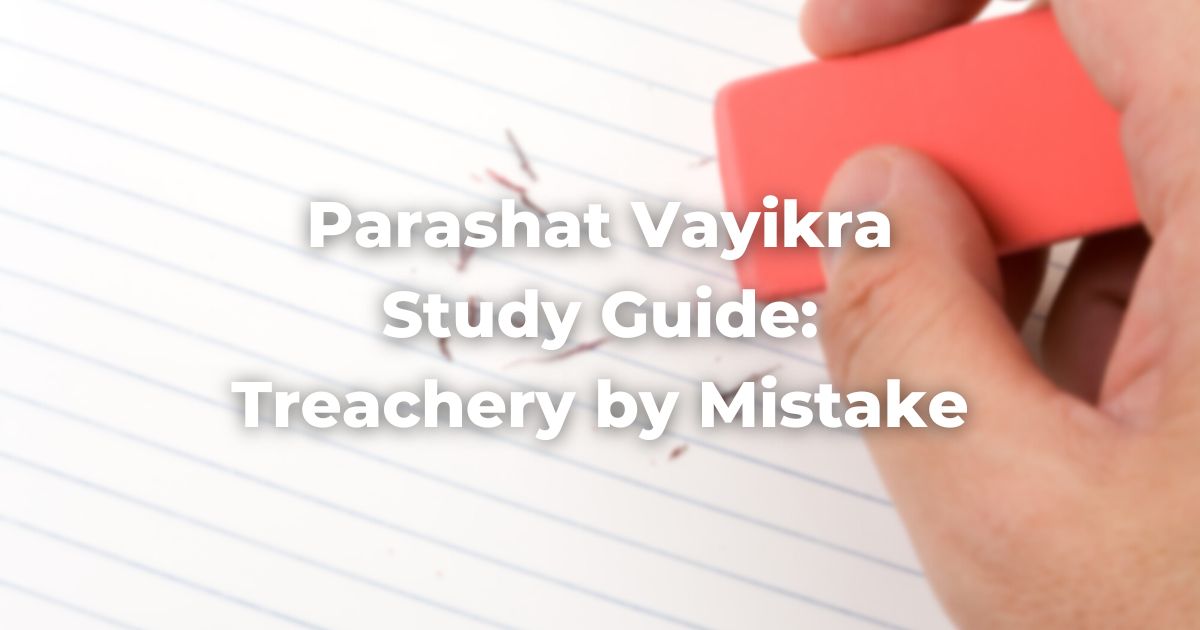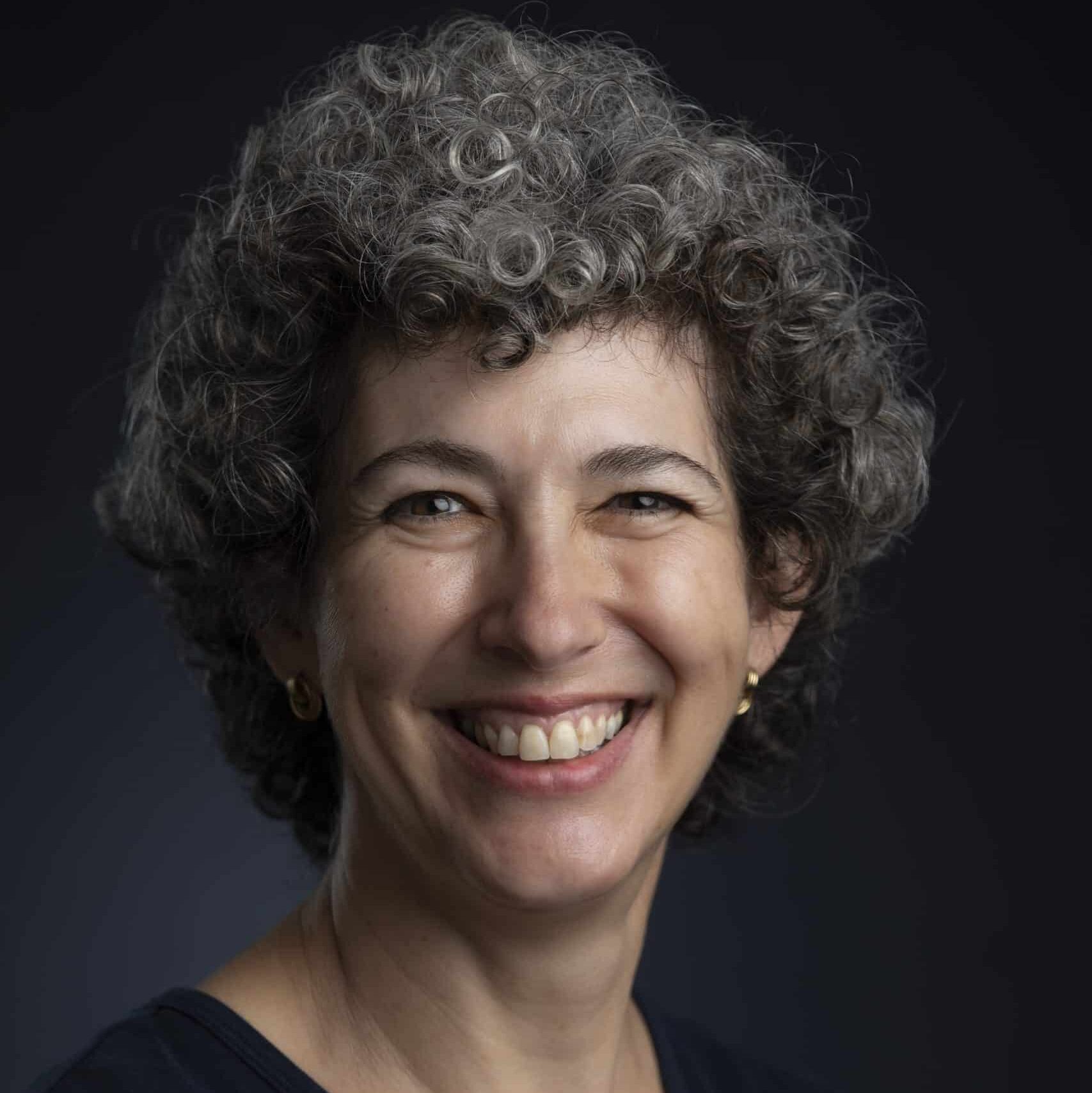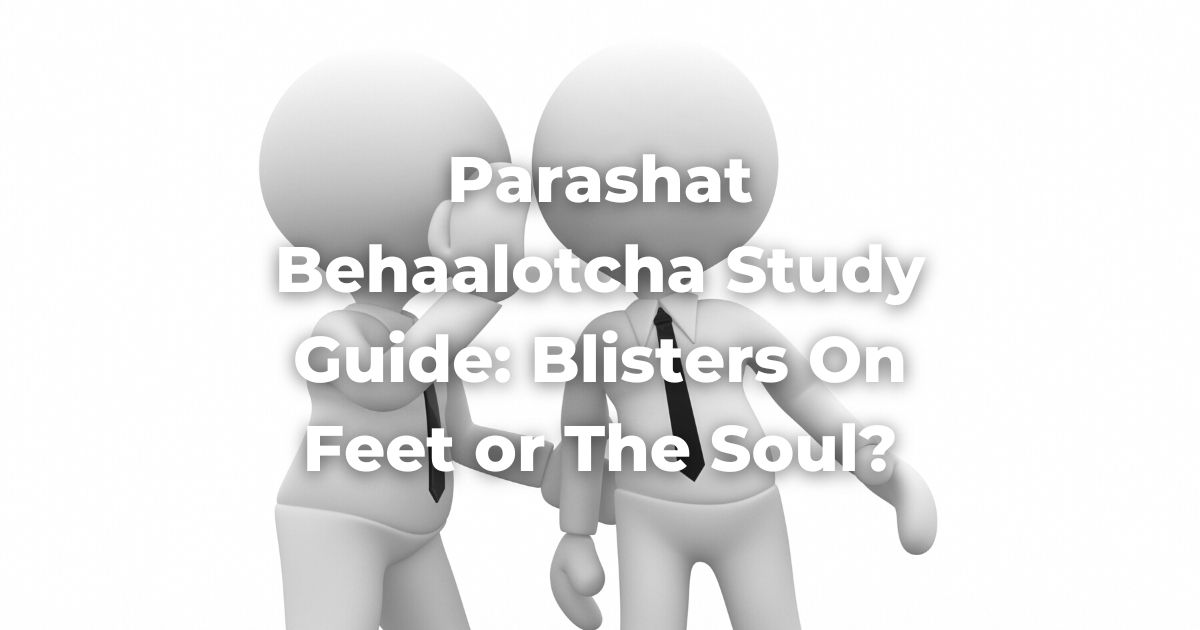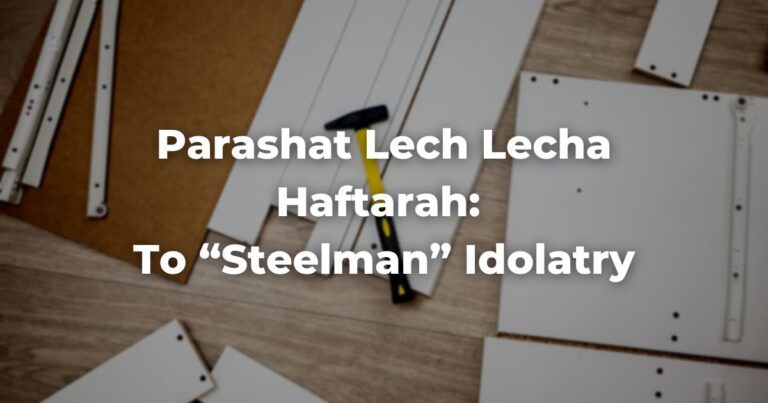Me’ilah (or “ma’al”) is the term used here for use of an item from the holy for a purpose other than the Mikdash (temple) for which it was intended.
Text: Vayikra 5:15-16
15 “If a person betrays trust (ma’al), and sins unintentionally regarding the holy things of the LORD, then he shall bring to the LORD as his guilt offering a ram without blemish from the flocks, with its valuation in shekels of silver according to the shekel of the sanctuary, as a guilt offering. 16 And he shall make restitution for the harm that he has done in regard to the holy thing, and shall add one-fifth to it and give it to the kohen. So the kohen shall make atonement for him with the ram of the guilt offering, and it shall be forgiven him.
- Why might me’ilah—betrayal of trust, wrongly using holy things—be considered something that requires atonement by sacrifice, restitution, and an additional one-fifth of the value?
- All this is conditioned on the person having acted unintentionally. What does the process mentioned here do for the unintentional sinner?
Commentary: R. Saadiah Gaon on Vayikra 5:15
Betrays trust—it is an issue of breaking a covenant or a command.
- How is using what is intended for something else (especially for the holy) a form of breaking a covenant? What was that covenant about? Between whom and whom is the covenant?
Commentary: Rashi on Vayikra 5:15
Betrays trust (ma’al)—The term ma’al everywhere in Scripture denotes “changing”. As it says, (I Chronicles 5:25) “And they committed a ma’al against the God of their fathers; for they went a whoring after the gods of the people of the land”. And similarly, it states of the faithless wife, (Numbers 5:12) “[If any man’s wife goes aside] and commit a ma’al to him”.
- What kind of change is Rashi referring to?
- How do you understand ma’al in Vayikra considering that the Torah discusses an unintentional action?
Commentary: R. David Zvi Hoffman on Vayikra 5:14
The meaning of ma’al, is as Ibn Ezra already explained: A cover (from here comes the word ‘me’il’ – a coat, the outer garment) meaning “covering his action” or “acting by deceit and treachery”, and so clothing (‘beged’, the same root as boged=traitor) enables cover up and treachery.
- If the person mistakenly used what was intended for the holy, where is the lie and the cover up?
- R. D.Z. Hoffman considers me’ila (ma’al) to be a form of betrayal. Who is betrayed and how? According to the linguistic connection to garments, when might we be at risk of ma’al on a social level?
See more: Parashat Vayikra
Originally posted as part of the Conservative Yeshiva at the Fuchsberg Jerusalem Center’s Torah Sparks. Support Torah learning from the Fuchsberg Jerusalem Center/Conservative Yeshiva for leaders and seekers around the world here.
Authors
-

Vered Hollander-Goldfarb teaches Tanach and Medieval Commentators at the Conservative Yeshiva and is a regular contributor to Torah Sparks, FJC’s weekly message on the weekly Torah portion. She received her M.A. in Judaic Studies and Tanach from the Bernard Revel Graduate School of Yeshiva University and studied at Bar-Ilan University and the Jewish Theological Seminary. Before making aliyah, Vered taught at Ramaz School and Stern College in New York.
-



The Fuchsberg Jerusalem Center (FJC) is a home in the heart of Jerusalem where leaders and seekers can find an authentic place in Jewish tradition to call their own. FJC offers opportunities to study, pray and explore within an egalitarian and inclusive setting, creating multiple pathways for finding personal and communal meaning.




